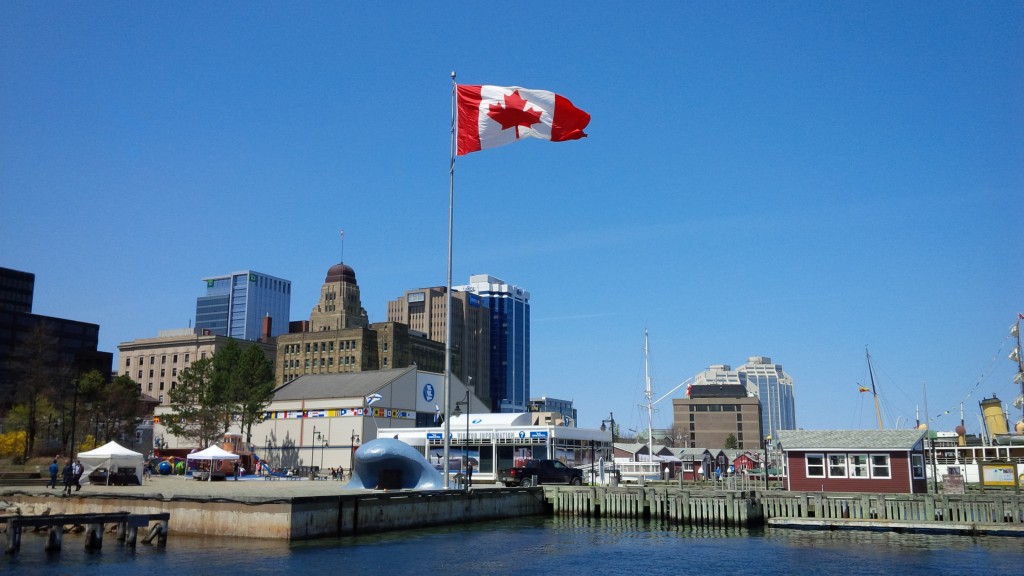U.S. eases restrictions on Syria while keeping sanctions in place
Posted Jan 6, 2025 03:48:24 PM.
Last Updated Jan 6, 2025 04:01:40 PM.
WASHINGTON (AP) — The U.S. on Monday eased some restrictions on Syria’s transitional government to allow the entry of humanitarian aid after Islamist insurgents ousted Syrian leader Bashar Assad last month.
The U.S. Treasury issued a general license, lasting six months, that authorizes certain transactions with the Syrian government, including some energy sales and incidental transactions.
The move does not lift sanctions on the nation that has been battered by more than a decade of war, but indicates a limited show of U.S. support for the new transitional government.
The general license underscores America’s commitment to ensuring its sanctions “do not impede activities to meet basic human needs, including the provision of public services or humanitarian assistance,” a Treasury Department statement reads.
Since Assad’s ouster, representatives from the nation’s new de facto authorities have said that the new Syria will be inclusive and open to the world.
The U.S. has gradually lifted some penalties since Assad departed Syria for protection in Russia. The Biden administration in December decided to drop a $10 million bounty it had offered for the capture of a Syrian rebel leader whose forces led the ouster of Assad last month.
The announcement followed a meeting in Damascus between the leader of Hayat Tahrir al-Sham, or HTS, Ahmad al-Sharaa, who was once aligned with al-Qaida, and the top U.S. diplomat for the Middle East, Barbara Leaf, who led the first U.S. diplomatic delegation into Syria since Assad’s ouster. The U.S. and U.N. have long designated HTS as a terrorist organization.
HTS led a lightning insurgency that ousted Assad on Dec. 8 and ended his family’s decades-long rule. From 2011 until Assad’s downfall, Syria’s uprising and civil war killed an estimated 500,000 people.
Much of the world ended diplomatic relations with Assad because of his crackdown on protesters, and sanctioned him and his Russian and Iranian associates.
Syria’s infrastructure has been battered, with power cuts rampant in the country and some 90% of its population living in poverty. About half the population won’t know where its next meal will come from, as inflation surges.
The pressure to lift sanctions has mounted in recent years as aid agencies continue to cut programs due to donor fatigue and a massive 2023 earthquake that rocked Syria and Turkey. The tremor killed over 59,000 people and destroyed critical infrastructure that couldn’t be fixed due to sanctions and overcompliance, despite the US announcing some humanitarian exemptions.
___
Chehayeb contributed from Beirut, Lebanon.
Fatima Hussein And Kareem Chehayeb, The Associated Press








